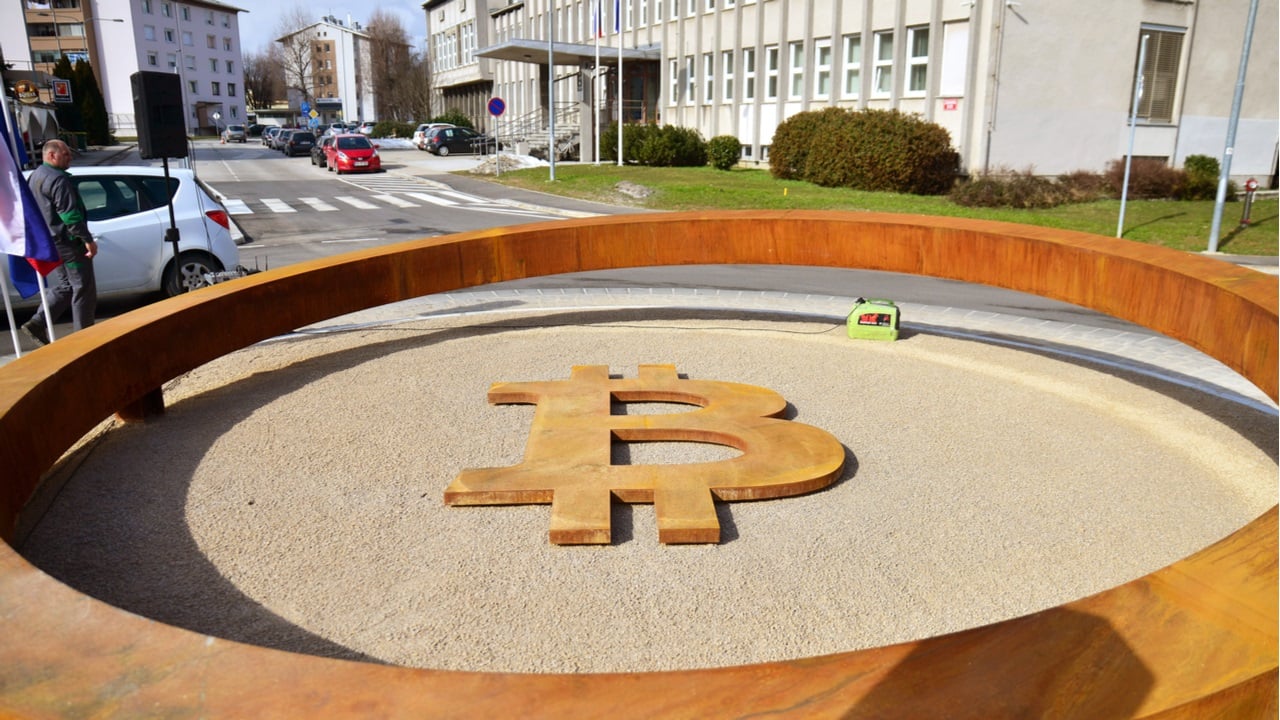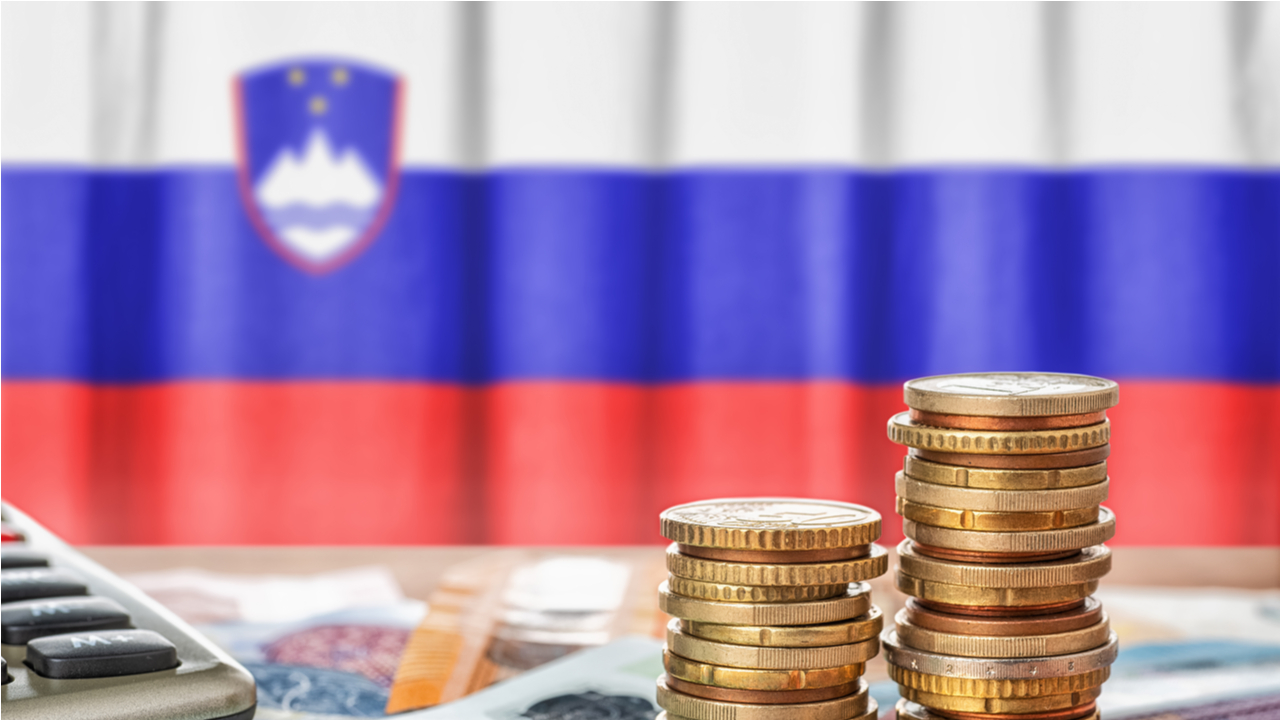Bitcoin (BTC) Nears $100K Amid...
27 November 2024 | 1:10 am

The tax authority of Slovenia has put forward a proposal to change the crypto taxation rules in the country, local media reported. The amendments aim to introduce a 10% tax rate for transactions involving the spending or converting of cryptocurrencies into fiat money.
The Financial Administration of the Republic of Slovenia (FURS) has proposed changes to the taxation regime applicable to cryptocurrencies. The authority wants to impose a 10% tax for the crypto amounts spent on goods and services or converted into cash. Quoted in a report by the STA news agency, FURS clarified:
We would like to emphasize that it is not profit which would be taxed but rather the amount a Slovenian tax resident receives on their bank account on turning the virtual currency into cash or when buying a thing.
The Slovenian tax office intends to implement the new taxation scheme through the adoption of legislative changes. FURS claims it would significantly simplify the way cryptocurrency-related income is taxed in the EU member state.
If the amendments are introduced, the financial administration elaborated that it would no longer have to examine numerous transactions made by a taxpayer between the purchase and sale of the digital currency as well as the various cryptos they have bought and sold or converted.
Under current regulations in Slovenia, the taxable income from operations with virtual currencies depends on the circumstances in each case, the report notes. Individuals, for instance, are obliged to pay capital gains tax on profits from the sale of cryptocurrency if these have been made as part of a business activity.

The FURS currently has to check thousands of transactions in some cases. The authority insists the increasingly digitalized world needs simpler taxation solutions. However, even under the new rules, a crypto investor would still have to prove any losses incurred which would again require verification of multiple transactions.
Slovenia is known as a leader in crypto adoption in Europe. According to a report from last year, over 1,000 locations in the country, such as cafés, restaurants, hotels, hair salons, and sports facilities, accept various cryptocurrencies for payment.
Do you think Slovenia will adopt the new tax regime? Share your opinion on the proposed changes in the comments section below.